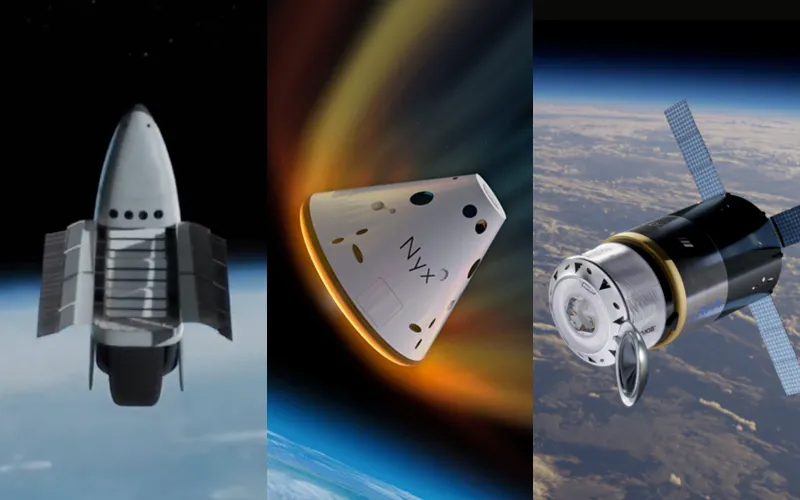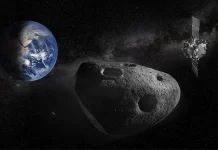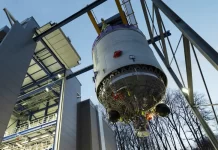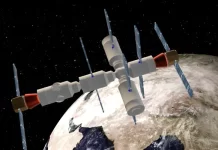
The European Space Agency has published a call for companies interested in submitting proposals for the agency’s LEO Cargo Return Service initiative. The call reveals that the agency plans to award as many as three Phase 1 contracts that would allow companies to mature their respective vehicle designs.
ESA’s LEO Cargo Return Service initiative was first announced as the Commercial Cargo Transportation Initiative on 11 May. The aim of the initiative was initially to support the development of commercial cargo transportation services that could ferry two tonnes of cargo to low Earth orbit and return one tonne back to Earth. However, when the initiative was approved at the ESA council meeting in Seville last month, the capacity benchmarks had been increased to four tonnes to orbit and two tonnes back to Earth.
The updated call was initially published on 15 December, with a more detailed breakdown of the call being added to the listing on 20 December. The call states that the activities will be split into two phases. The first will run from June 2024 to June 2026. The second phase will run from June 2026 until the execution of the demonstration mission, which is supposed to occur by 2028. The call also refers to a Phase 3, which will include “any potential recurrent service contracts.”
Subject to “good offers being received,” the agency plans to award as many as three Phase 1 contracts, allowing multiple vehicles to compete for the demonstration mission in 2028. The call does not outline how many vehicles it intends to award contracts for demonstration missions.
While Phase 1 is confirmed, Phase 2 is far from set in stone. According to the call, the commencement of Phase 2 of the initiative will be “subject to relevant decisions, approvals, and appropriated funds.” The decisions and appropriations in question will only be made at ESA’s next ministerial level council meeting, which will take place in late 2025.
While this initial call is focused on the cargo transportation services, it also outlines the potential evolution of the initiative. It states that vehicles selected for the initiative will need to be “compatible with the evolution towards a crew transportation service, as well as with the return of samples from Gateway in cislunar space, without major modifications to its architecture.”
The next step for the LEO Cargo Return Service initiative will be a briefing with potential applicants, which is tentatively planned for January 8, 2024.




